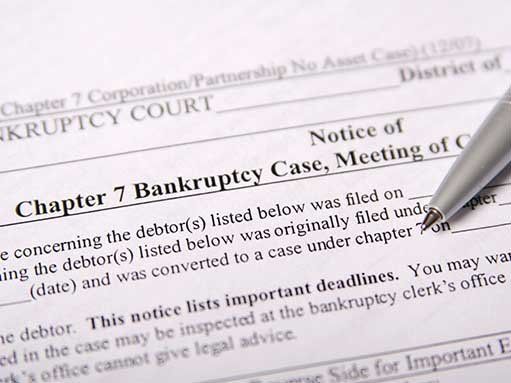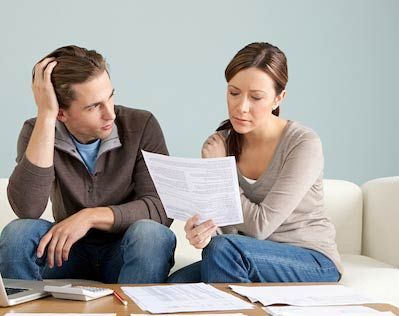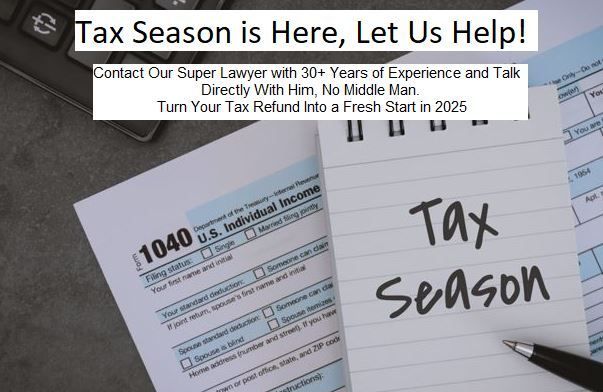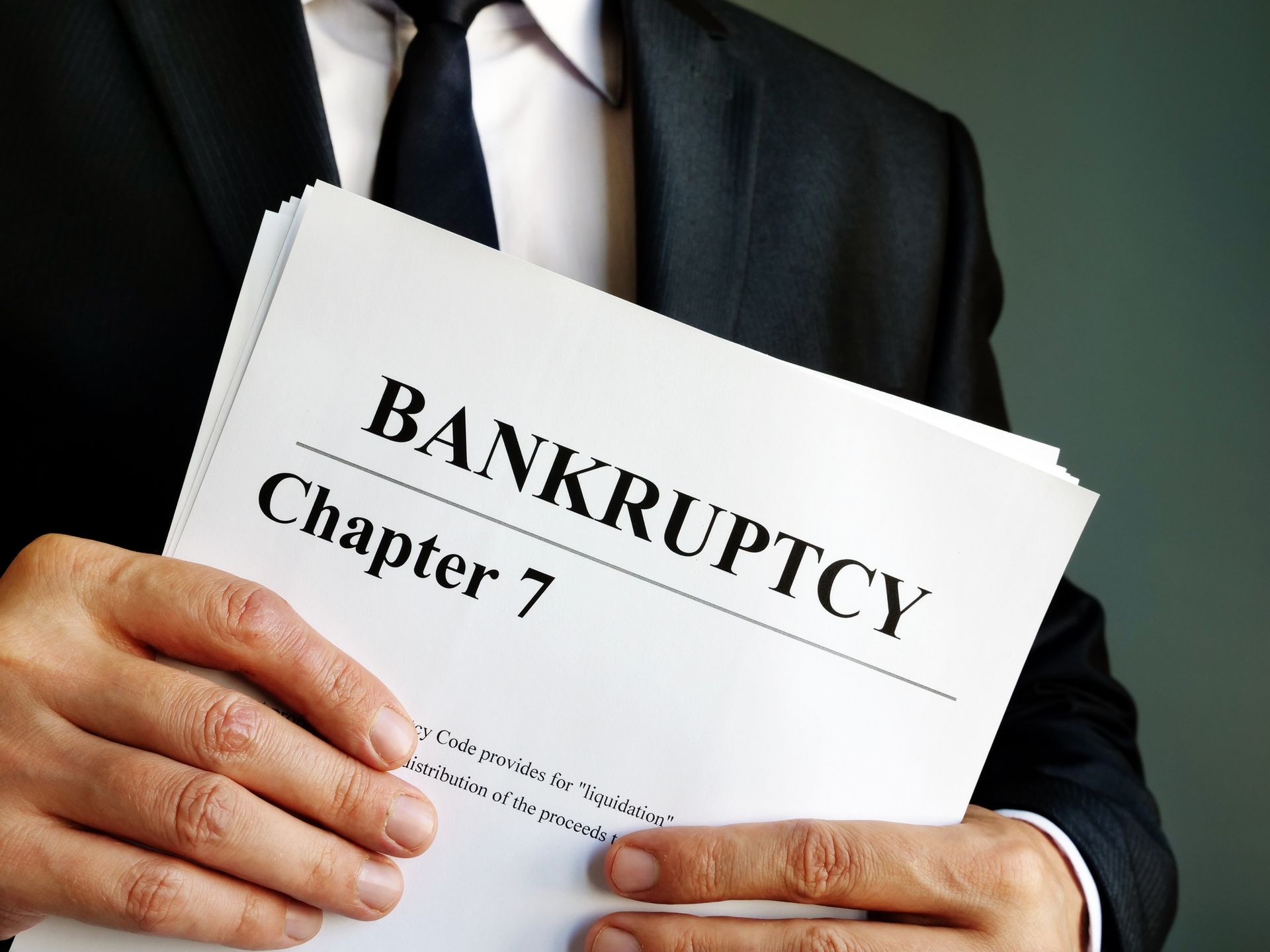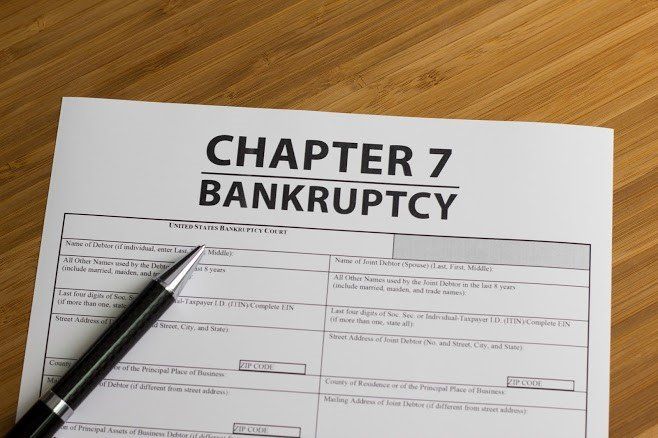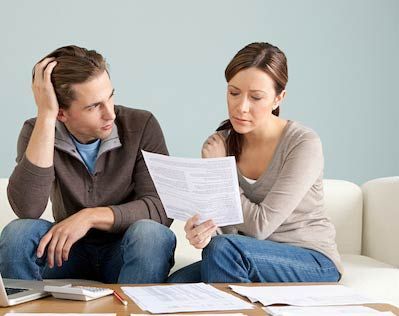Can I File Bankruptcy in Wisconsin Without my Spouse?
Yes, you can file for bankruptcy in Wisconsin without your spouse. If you choose to file individually, only your debts and assets will be considered in the bankruptcy process. However, keep in mind that if you have joint debts, your spouse may still be affected. It’s often a good idea to consult with a bankruptcy attorney to understand your options and the implications of filing alone.
Here are some key points to consider when filing for bankruptcy in Wisconsin without your spouse:
- Individual Filing: You can file for Chapter 7 or Chapter 13 bankruptcy on your own, which will only address your debts and assets.
- Joint Debts: If you have joint debts with your spouse, they may still be responsible for those debts after your bankruptcy.
- Impact on Credit: Your individual bankruptcy will affect your credit report, but it won’t directly impact your spouse's credit unless you have joint accounts.
- Property Ownership: Consider how ownership of property is titled. If property is jointly owned, filing alone may affect your spouse’s rights to that property.
- Financial Counseling: You’ll still need to complete credit counseling and a financial management course, as required by bankruptcy law.
- Exemptions: You can claim exemptions for certain assets, which may differ if you were to file jointly. Review the specific exemptions available in Wisconsin.
- Consulting an Attorney: It’s advisable to consult with a bankruptcy attorney to navigate the process and understand how it impacts your unique situation.
- Potential Alternatives: Explore other options like debt settlement or credit counseling if bankruptcy isn’t the best fit for your circumstances.
If you file for bankruptcy in Wisconsin without your spouse, they generally do not need to sign any documents related to your individual filing. However, there are a few considerations:
- Joint Debts: If you have joint debts, your spouse may need to be aware of the filing, as they could still be liable for those debts after your bankruptcy.
- Property Ownership: If you own property together, your spouse may need to sign certain documents if that property is involved in the bankruptcy process.
- Credit Counseling: Both spouses may benefit from credit counseling, even if only one is filing.
It’s a good idea to discuss the situation with your spouse and consult a bankruptcy attorney for personalized advice.
If you need help determining any of these ideas, please call our office today at 920-432-8801



